Ash Wednesday is the beginning of Lent, Lent is the season of preparation for the deeper reflection on the mysteries of Holy Week and Easter through fasting, almsgiving and prayer. The whole season is an essential part of our 2000 year old Catholic Christian faith journey. But its history goes even further back, as it is built upon the Jewish Passover commemoration of the liberation from slavery in Egypt of his people by God. The liturgical readings over the weeks of Lent give a picture of how this quite small and insignificant group of people who saw themselves as chosen by God lived over the next 1000 years. We see them in their relationship with God, through cycles of corruption and sin, warnings, conversion, repentance, penance, forgiveness and liberation. And then the cycle would begin again. Interestingly there is no true record of the history of God’s people over the next 2000 years of Christianity. The progression has changed somewhat. 40 days of Lent were added, in imitation of the 40 days Jesus fasted at the start of his public ministry. Holy Week does follow loosely the Passover, but Judaism has no Resurrection. The restoration of their kingdom and the temple still await them. How different would they be?
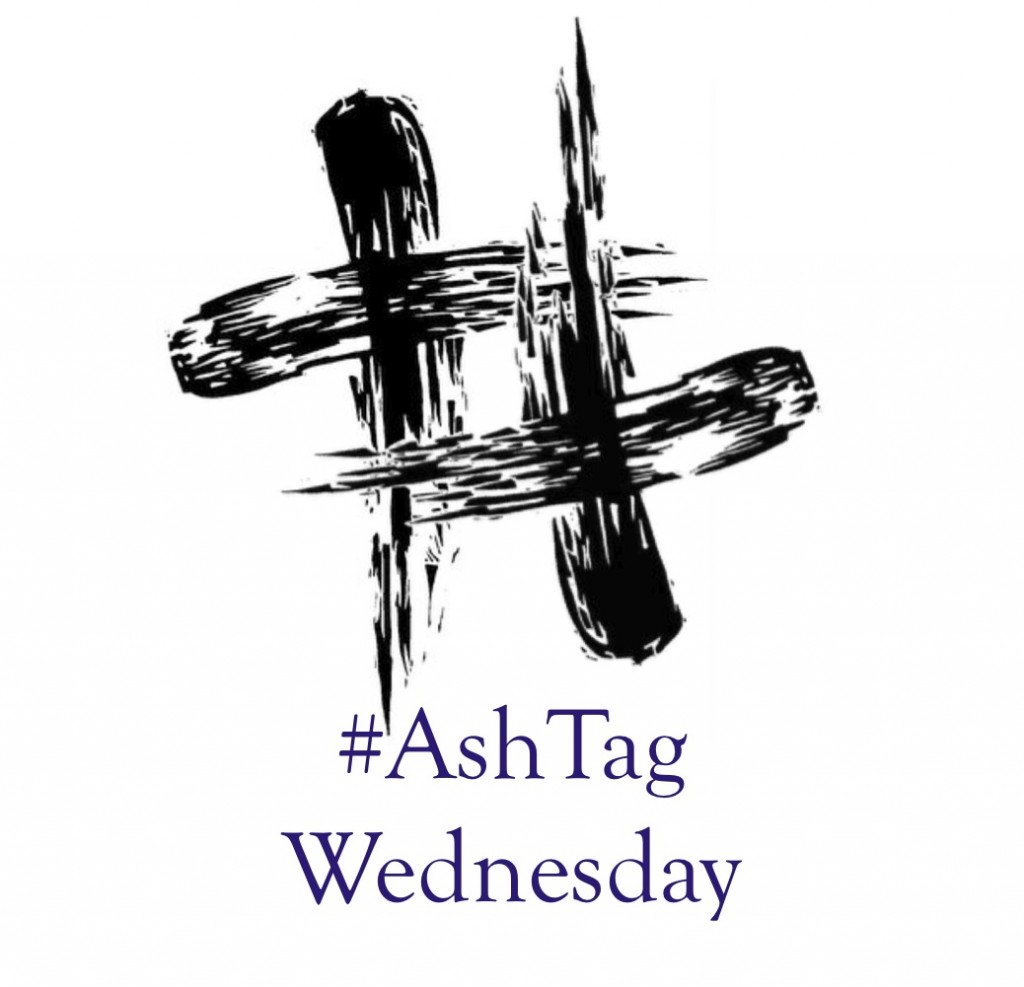
In our modern world some elements of the ancient traditions do survive but our world is very different, especially in its relationship with God and the components of repentance. We can read the conversion cycle into the much more secularized current affairs of today, but its recent manifestation appears more like a progression than a cycle. The last 100 years have brough World wars with brief periods of attempts at building peace. Especially the creation of the United Nations in 1948 was meant to lead to an era of world peace. However, as Pope Francis writes in Fratelli Tutti for a brief moment it looked positive but the plot appeared to have got lost. The most recent overarching threat, the coronavirus, showed the same characteristics. Moments of solidarity but selfishness, greed, moments of narrow interests, of nationalism, have come to the fore. Underneath the worldwide threat of the virus, international political conflicts grew in intensity with unprecedented violent protests. At more local level conflicts and party politics have decimated the ideal of the common good. Scourges of racism and sexism continue.
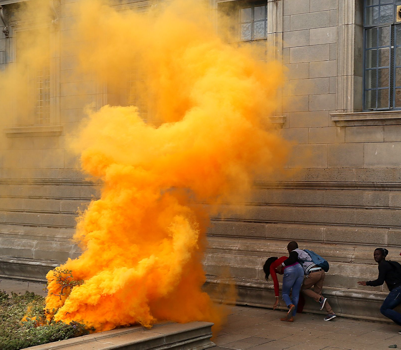
A term used in a discussion during the aftermath of the US insurrection on 6 January is PARTISANSHIP. Not all Republications were Trump followers and yet they were almost constrained to vote against his impeachment, while impeachment would have probably been the more honest, less self-interested stance. Here in SA, right now, we are faced with a former president who has defied the highest law in the land after at least 40 witnesses provided evidence that implicated him in State Capture, the greatest theft of the wealth of the people. And again partisanship threatens to derail justice. His followers use the argument of his positive role in the 50 year old liberation struggle and threaten violence if he is held to account, a matter which is quite immaterial to the case in hand.
Partisanship is defined as strong and sometimes blind adherence to a particular party, faction, cause, or person. The cause is supported irrespective of whether it is just. Partisanship exists, and has done so, for centuries even within religious institutions on particular issues. Its most serious fault is its irrationality. Have we lost our moral compass, our sense of justice, and ethics? Pope Francis includes awareness of this in Fratelli Tutti and it was recognized at the International Day of Fraternity on 4 February 2021. Partisanship also exists in environmental matters with almost fanatical support for pet areas of interest, and this highlights the need for ecological conversion
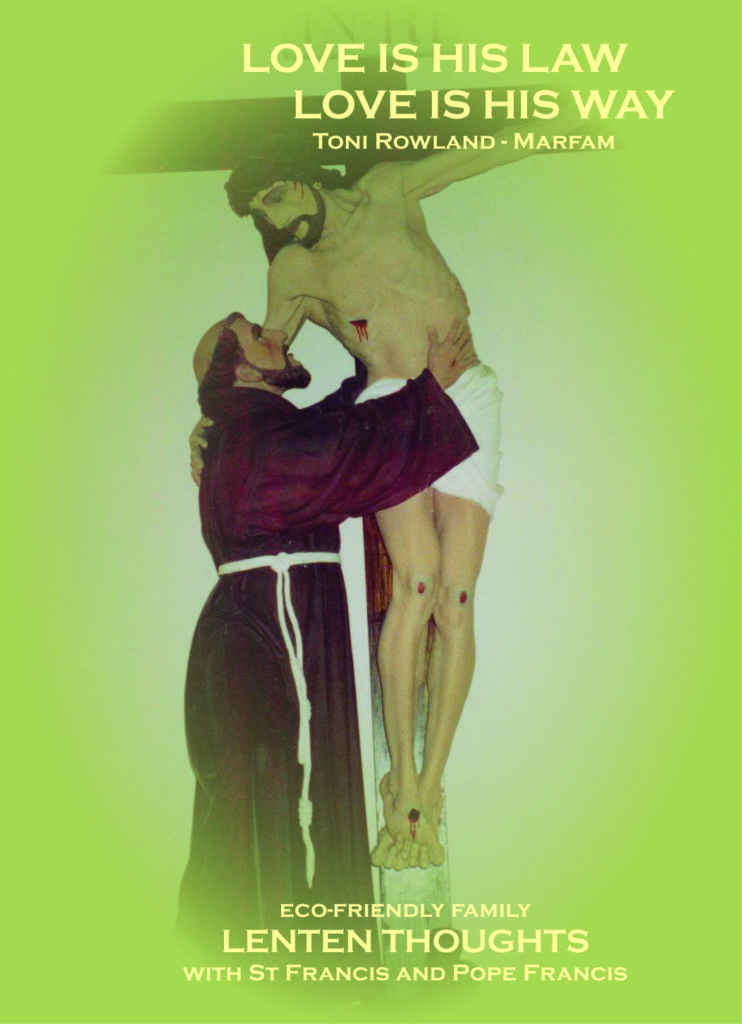
Having said all that, Lent is the time to examine our own and our social consciences, attitudes, convictions and even our spiritual roots. Lent is not about simplistic and unreflected sacrifices of “giving up,” for the sake of it. God, speaking through the prophet Hosea, writes, “Is this the fast I want? I want mercy not sacrifice:” mercy towards our “brothers and sisters all”, mercy towards the creatures of creation who are suffering the effects of human acts which continue to contribute to climate change. Even mercy can be extended towards Jesus who in himself, according to St Francis, is carrying the wounds of all God’s creatures who suffer. Extending mercy will create a Lent that matters.
MARFAM Lenten resources, in particular LENTEN THOUGHTS and STATIONS OF THE CROSS FOR FAMILIES, THE WIDOWED OR THE BEREAVED, can help us to relate to and identify with Jesus’ suffering and challenge us to love and conversion. That is the kind of LENT THAT MATTERS. “LOVE IS HIS LAW, LOVE IS HIS WAY.”
TR FAMILY WEEKLY 17 FEBRUARY 2021


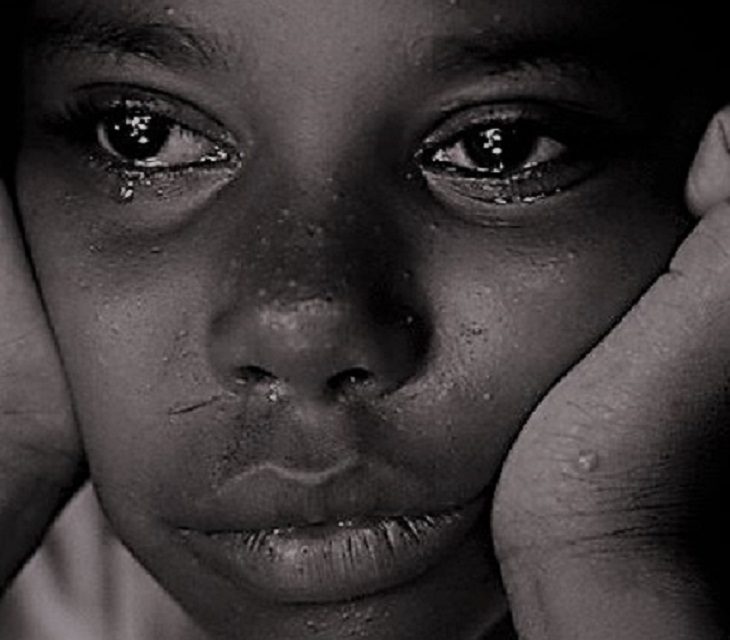


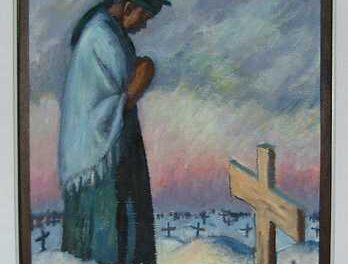


Recent Comments